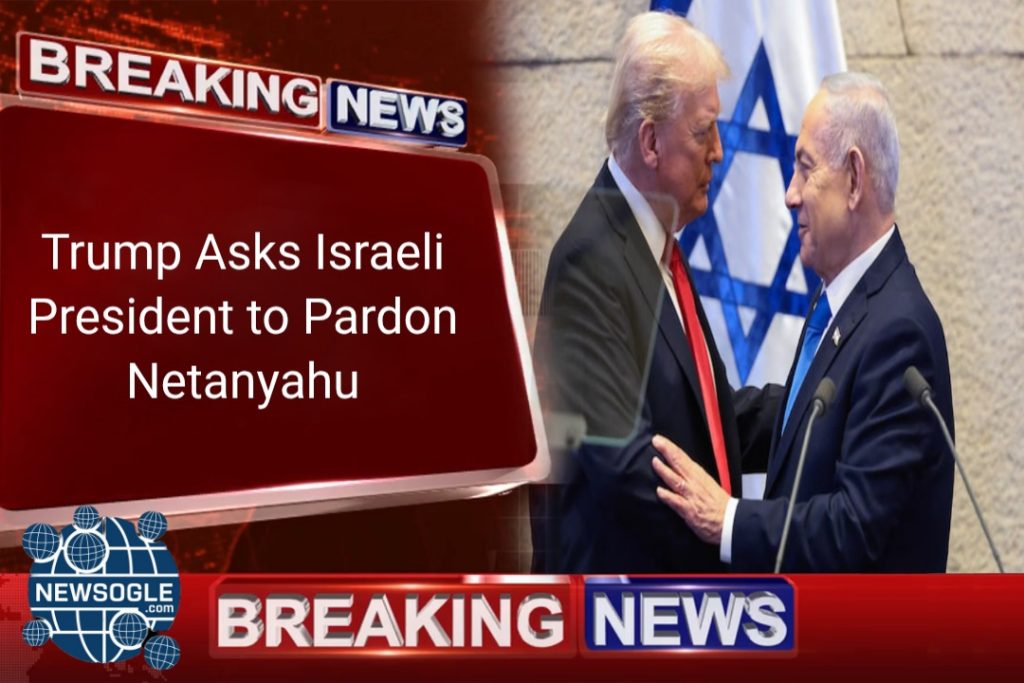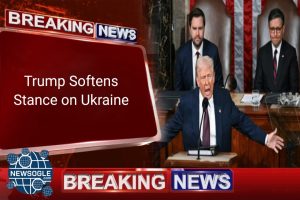
SEO Keywords: Trump Netanyahu Pardon, Israeli President, Gaza Truce, Benjamin Netanyahu Corruption Charges, US-Israel Relations, Political Intervention
In a highly unusual and politically charged maneuver, President Donald Trump has officially requested that the Israeli President grant a full pardon to former Israeli Prime Minister Benjamin Netanyahu, who is currently on trial for corruption charges. The formal appeal comes just days after a tentative Gaza truce was agreed upon, injecting immense pressure into Israel’s fragile political landscape.
Timing and Context of the Intervention
The timing of President Trump’s request, submitted through diplomatic channels on Tuesday, is seen by observers as a calculated move to capitalize on the moment of national stress and unity following the recent conflict. The letter reportedly praised Netanyahu’s “unwavering leadership” and suggested that granting the pardon would serve the greater interests of Israeli security and political stability during the challenging post-truce period.
Netanyahu, currently the leader of the opposition, faces charges of fraud, bribery, and breach of trust in three separate cases. While the Israeli President’s role is largely ceremonial, they hold the sole constitutional authority to issue a pardon or commute sentences. The request places the current Israeli head of state in a deeply sensitive position, forcing a decision on a matter that cuts to the core of Israel’s judicial independence and political future.
Domestic and International Fallout
The intervention immediately sparked controversy across the political spectrum. In Washington, critics of President Trump called the move an inappropriate attempt to meddle in the democratic and judicial affairs of an ally.
Meanwhile, in Jerusalem, the request has intensified the division between Netanyahu’s supporters and detractors. His political allies have welcomed the foreign support, arguing that a pardon is necessary to allow the veteran politician to return to a position of leadership and unite a fractured nation.
Conversely, anti-Netanyahu groups and opposition leaders have condemned the appeal as a dangerous precedent, asserting that no external political pressure should be allowed to undermine the rule of law.
The Pardon Process and Legal Precedent
For the Israeli President to act on the appeal, it would typically involve consultation with the Justice Ministry and potentially the Attorney General’s office. Legal experts note that while the President has the power to pardon, intervening in a trial that is still ongoing is extremely rare.
The outcome of the request is expected to have lasting consequences for US-Israel relations and could dramatically alter the course of Israeli domestic politics, potentially paving the way for Netanyahu’s return to power or cementing his legal troubles if denied. As the country navigates the delicate terms of the Gaza truce, all eyes are on the President’s office for a response to this unprecedented political intervention.

Aleda Kawis is the Professional Journalist and serving in the field since 2012. She keeps extensive experience as investigating journalist and media influencer.




